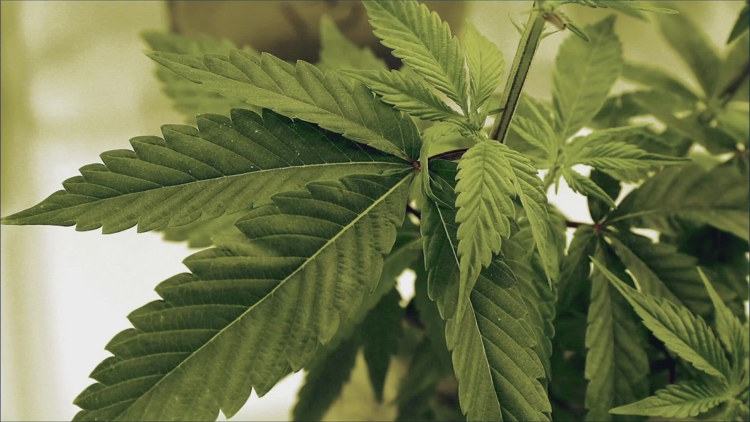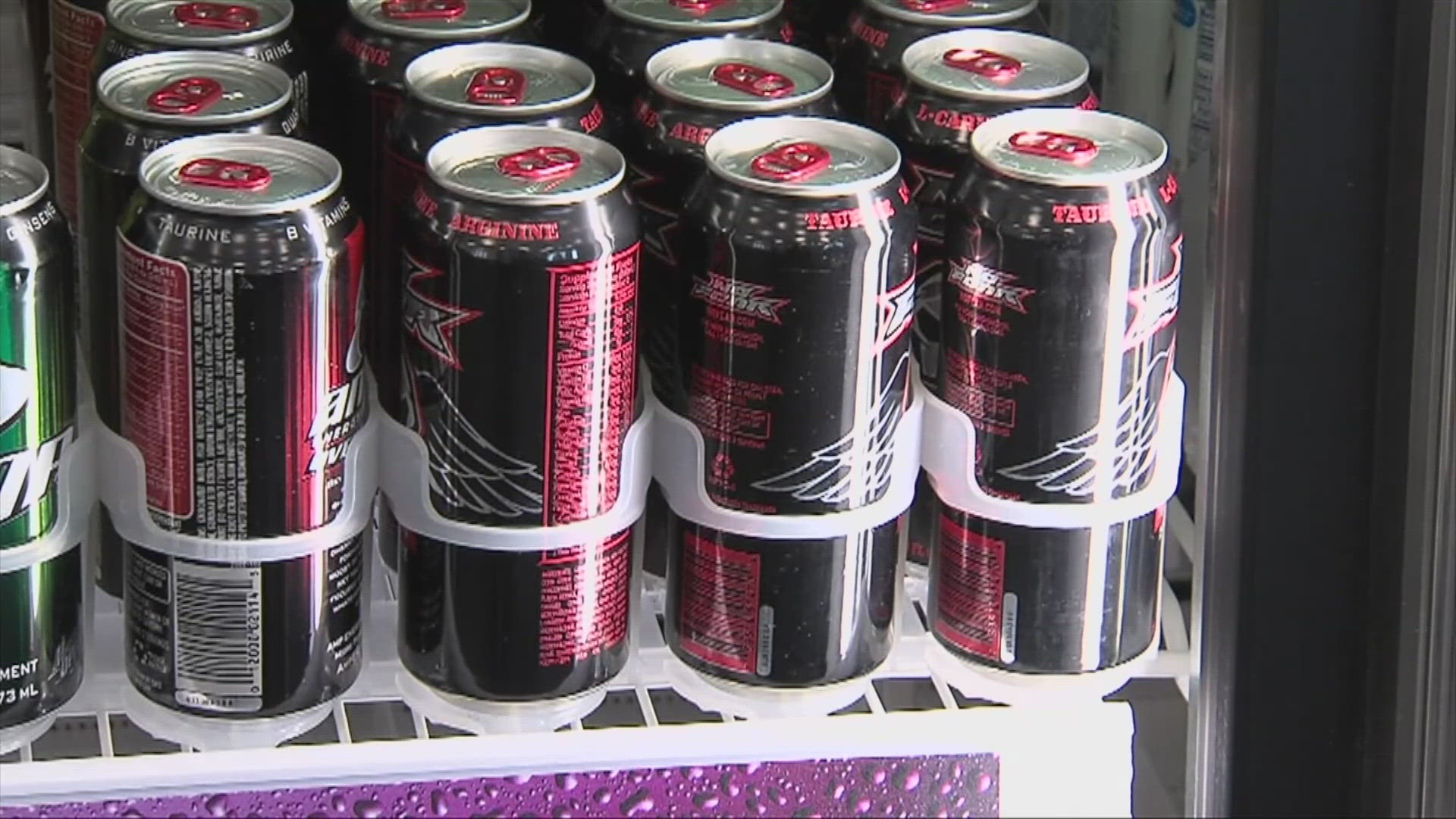RICHARDSON, Texas — You may have heard before -- and maybe even tested the theory that marijuana helps you sleep. However, this may not be the case anymore.
In fact, marijuana could be causing adverse effects to those seeking slumber, a new study shows.
Researchers at The University of Texas at Dallas (UTD) have completed a study that shows long-term cannabis use is associated with difficulties with sleep, which in turn may increase memory problems.
This study, which was published in the "American Journal of Drug and Alcohol Abuse" earlier this year, examined the relationship between long-term cannabis use, sleep and memory together as opposed to separately.
The researchers had the goal of informing two groups: patients who use medical marijuana and physicians who prescribe it.
"So many questions remain unanswered about the long-term effects of cannabis use," Chair in BrainHealth at the Center for BrainHealth Bert Moore said in an article from UTD. "More Americans are gaining legal access to cannabis -- a number that is growing quickly -- but how little we know about its effects remains the same."
According to UTD, roughly 1 in 8 adults in the U.S. use cannabis products and about 10% of people who smoke it are at risk for addiction. Problems and symptoms that lead to negative health impacts caused by cannabis use are characterized by and diagnosed as cannabis use disorder (CUD).
One of the researchers in the study, Dr. Francesca Filbey, said it's very important that those who are at risk understand the vulnerabilities associated with cannabis use.
"Effects can be long-term," Dr. Filbey said. "Especially if you are younger than 25, and your brain is still maturing."
According to UTD, the study tested whether poorer learning and memory performance in people diagnosed with CUD are due to cannabis-related sleep issues.
To test it, researchers gathered 140 adults with CUD and 87 adults who did not currently use cannabis. These test subjects were located in both Texas and the Netherlands.
The selection was made so that researchers could determine at what point cannabis use may lead to unintended consequences, according to psychology doctoral student Tracy W. Brown.
“Our findings indicate that while there doesn’t appear to be a direct effect of long-term cannabis use on memory, the individuals with CUD who reported more problems with sleep were the ones having poorer memory outcomes,” Brown said in the UTD article. “We’re discovering that cannabis’s indirect effect on cognitive outcomes is tied to how cannabis impacts the regulation of the sleep cycle.”
The interesting part is that researchers found that the impact of sleep and CUD on memory was more obvious on individuals' ability to navigate and remember where things are located, i.e., spatial memory.
According to Brown, sleep disruption from cannabis use isn't necessarily related to insomnia or sleep deprivation. However, it's more related to the reduction in sleep quality, which is why it could be affecting spatial memory.
Dr. Filbey said these adverse effects associated with cannabis use in sleep and brain connectivity should be of concern for users below the age of 25.
"Acute cannabis use affects many things, including sleep and working memory, and the field is undecided on whether those memory issues resolve after continued abstinence,” Filbey explained. “When use begins in adolescence, sleep deficits are usually much more pronounced. People who become dependent on cannabis for sleep risk developing tolerance and requiring greater doses for the same effect. People need to be aware of this.”
So, this new study may be something worth considering if you are someone who uses cannabis as a sleep aid.



